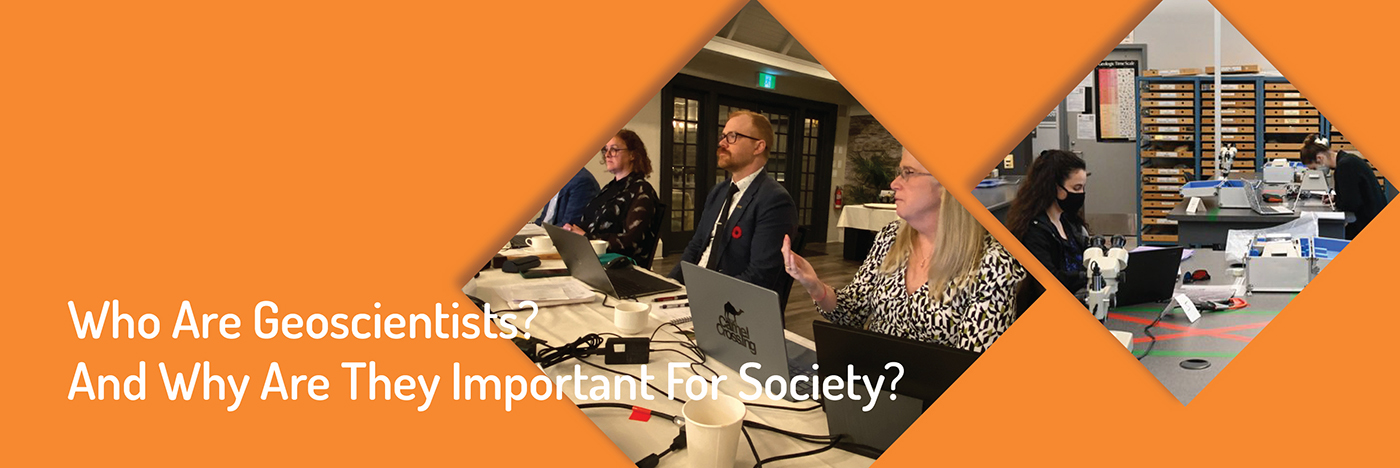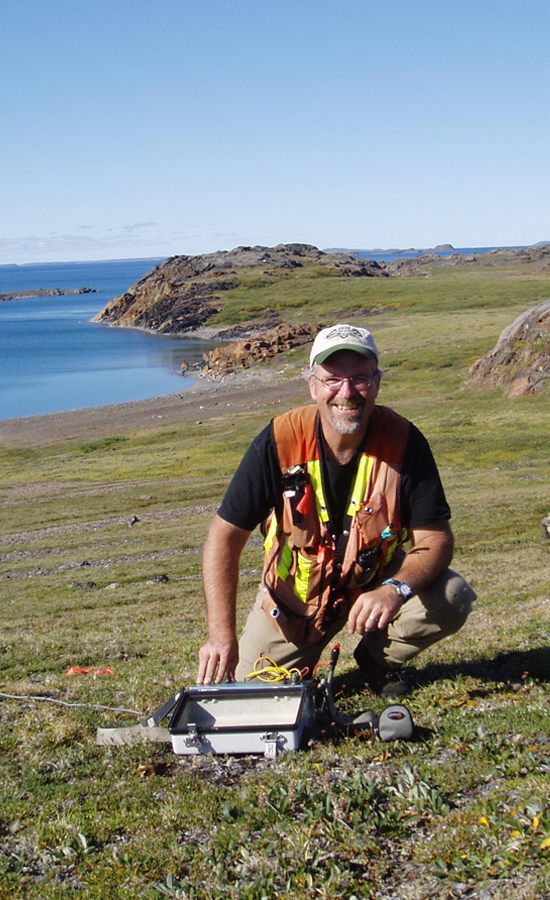
Who are Geoscientists? And why are they important for society?
What do geoscientists/geologists do? How do they support sustainability and a green economy? How do they protect the public and the environment?
Geoscientists, also referred to as Geologists or Earth scientists in many parts of the world, study the Earth and its natural systems. They hold college or university degrees in an area of geoscience, and they apply this knowledge, along with that gained from their professional experience, to help provide solutions for the sustainability of society and the environment.
Geoscientists bring their knowledge and perspective to topics such as:
- Climate change prediction and solutions,
- Natural resources extraction, management, and sustainability,
- Sustainable mining practices, and
- Natural disaster prediction and risk mitigation.
| Just as there are many types of geoscience, there are many types of geoscientists, such as: |
|---|
| Economic Geologist – works in the area of ore genesis and mineral resources. |
| Geophysicist – applies physical methods such as gravity, electricity, and magnetic properties to the study of the Earth. |
| Environmental geoscientist – studies the Earth to understand human interactions with the land, to predict or anticipate geological issues and to help minimize impacts on society and the environment. |
| Paleontologist – applies the understanding of fossils within the geologic record to the interpretation of Earth’s history and its future. |
| Engineering geologist – applies geoscience to aspects of engineering works, in collaboration with engineers, to assure that geologic factors are appropriately recognized. |
| Hydrogeologist – applies the understanding of the origin, occurrence, and movement of groundwater in the subsurface |
| Petroleum Geologist – applies the understanding of sedimentary basins to energy resources |
| And so many more! |

Geoscientists look to Earth’s past to inform and support the present and future sustainability of society and the environment!
